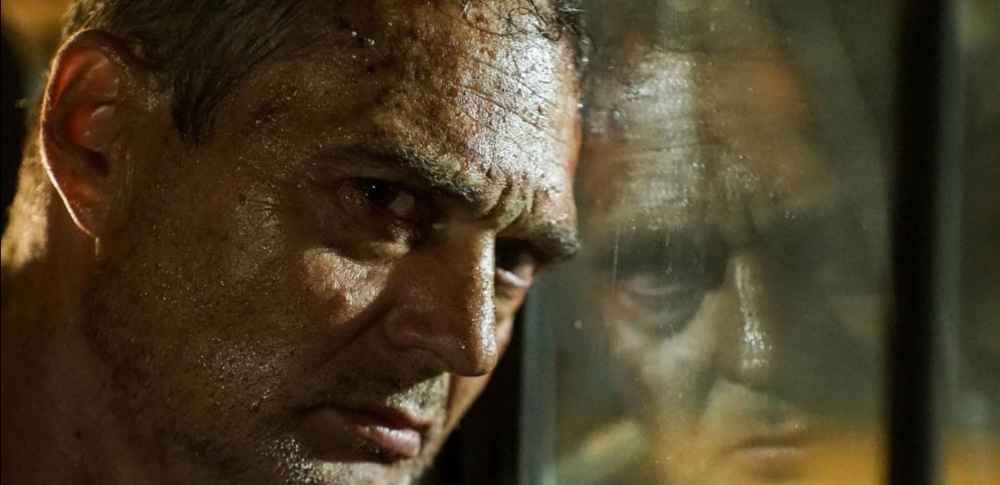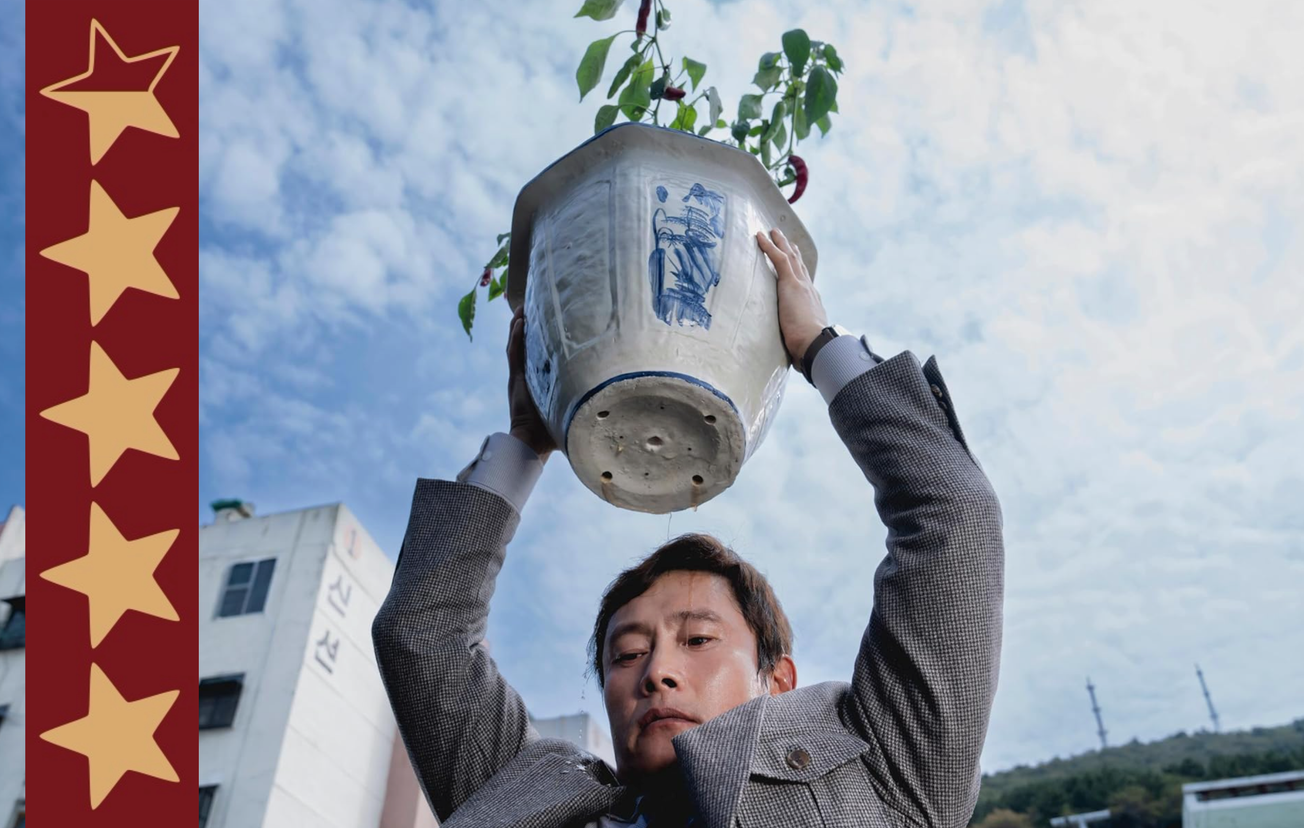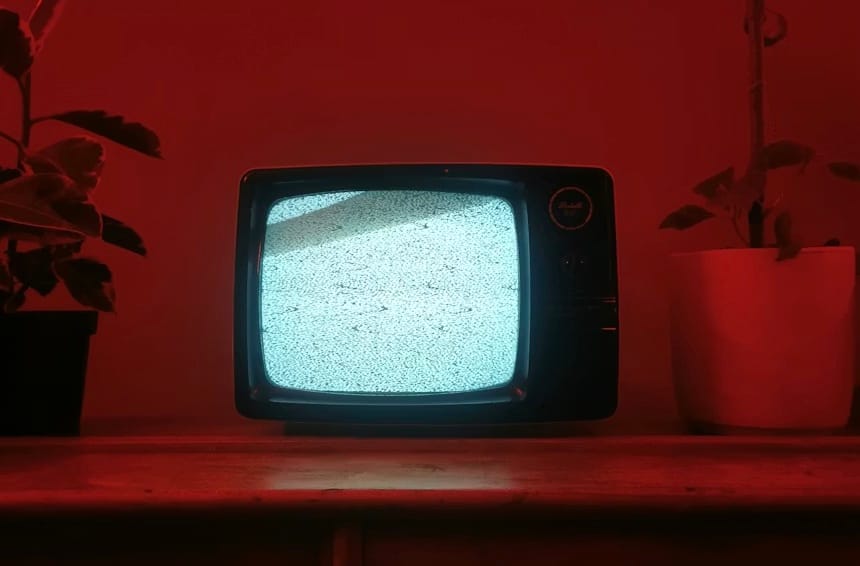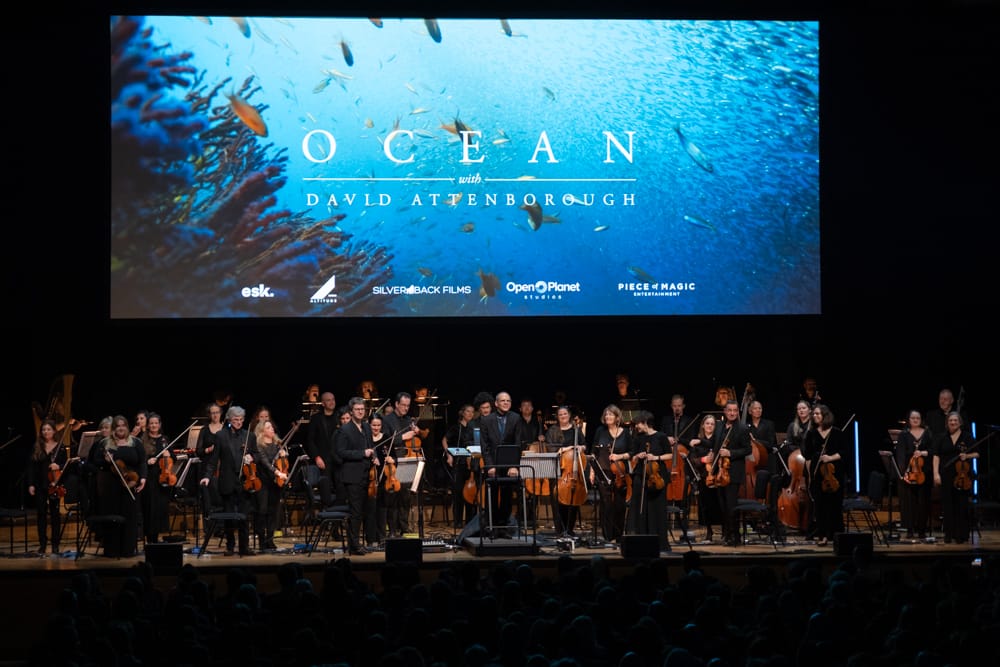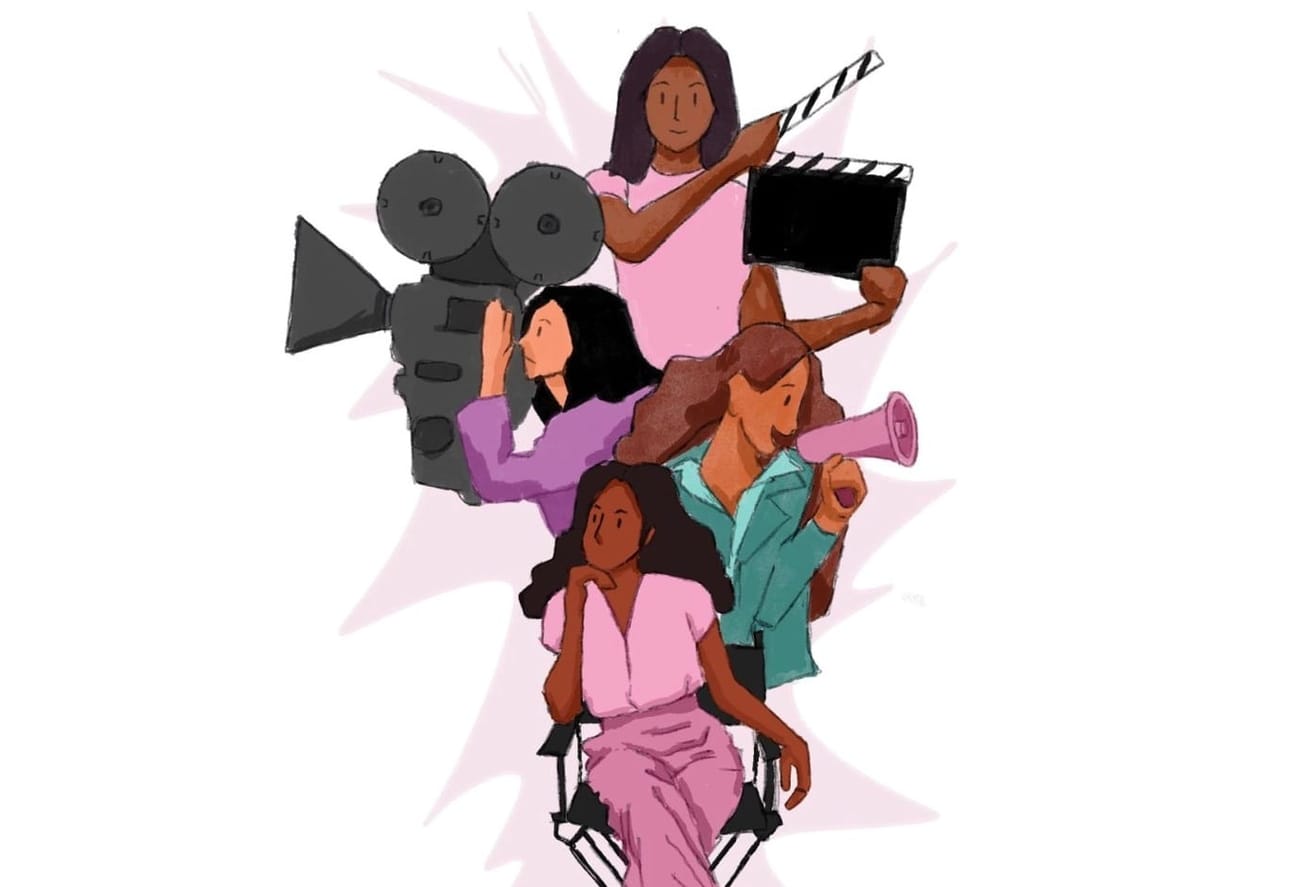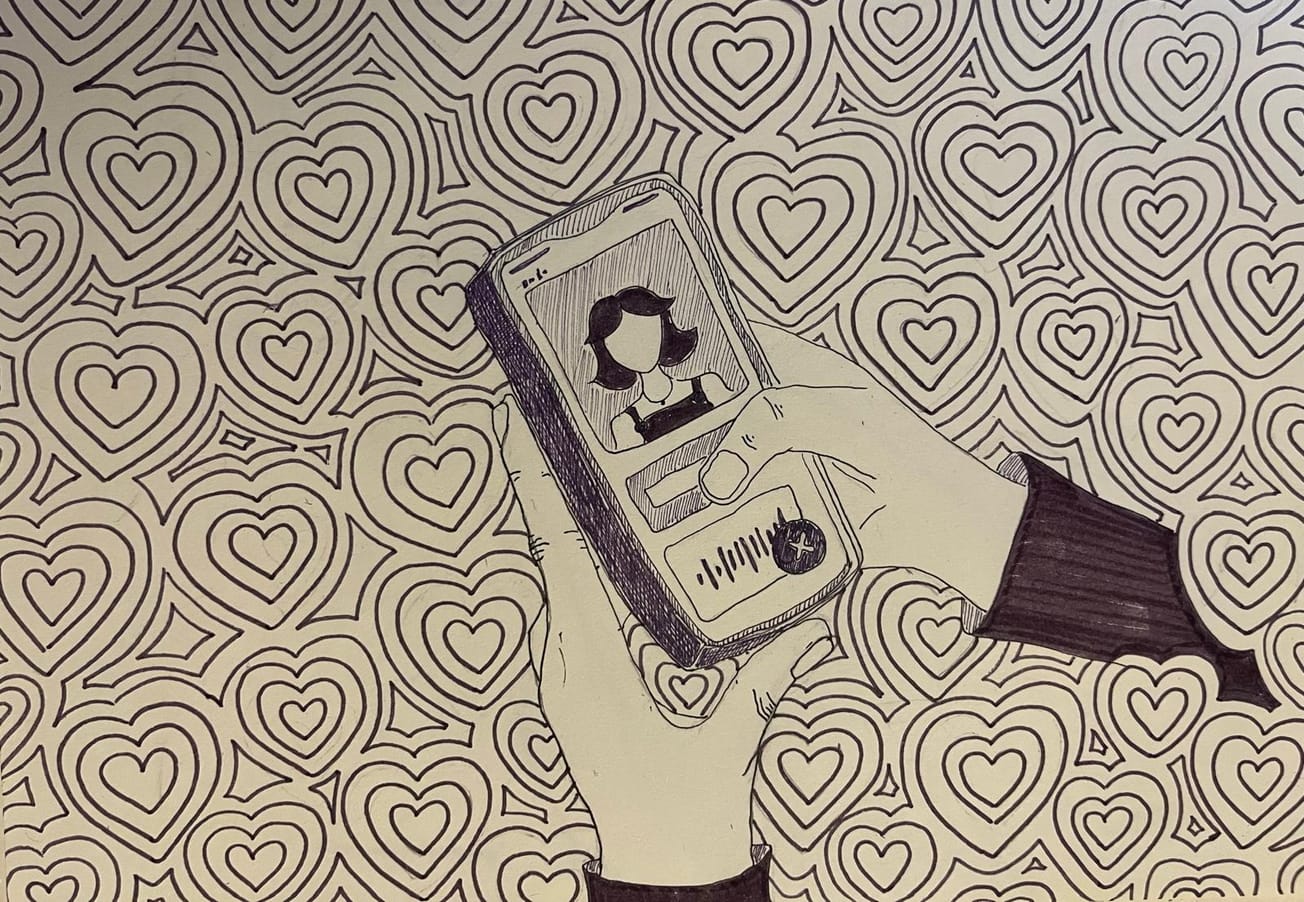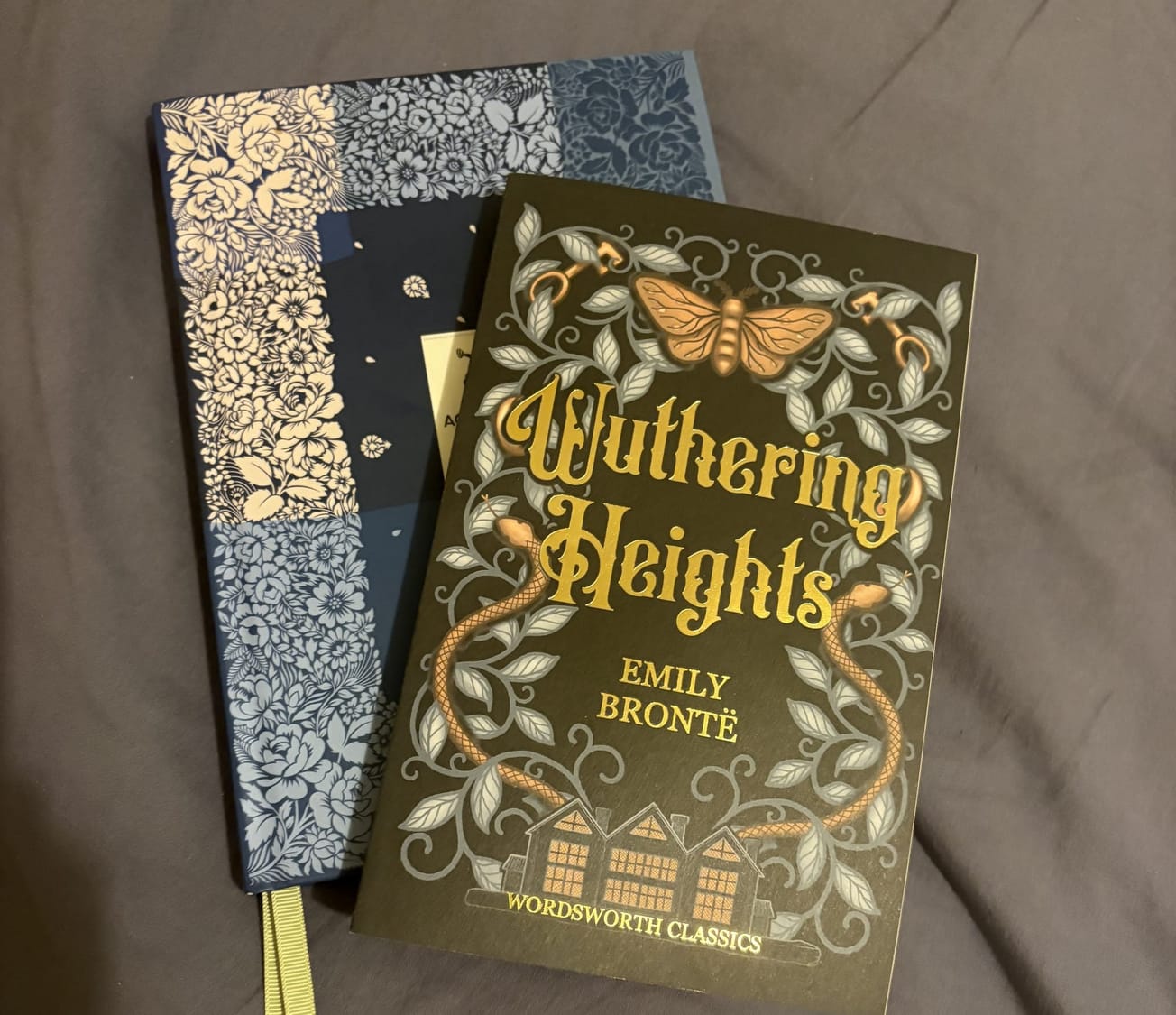By Mia Iseult Murray, Second Year, Chemistry
(Trigger Warning - This article discusses Nazism, anti-Semitism, sexual abuse and violence).
Film, as an expansion of art, is a medium whereby freedom and imagination are invariably evoked. Time and time again filmmaking has been utilised in the critique of Western disenchantment - political disillusionment and social class disparity to name just two.
Seeping through the underbelly of an unrestricted cinema that knows no bounds is an endemic utilisation of film as a tool for propaganda. Forget the imagination and originality which has defined storytelling for generations. Instead, acknowledge the gradual political corruption of art that has made film a fickle courier of deliberate misinformation. In the absence of originality, elements of bias, persuasion and promotion have flourished.
Coincidentally it would seem that those are the very connotations of propaganda. And as we universally accept, a coincidence is never just a coincidence, just as a story is never just a story.
A relationship built on subterfuge between politics and film has long been in existence, one with no expiration date. Film has mechanised the deliverance of mass propaganda enforced by governmental bodies throughout history. One must only look at Nazi Germany in the prelude and duration of WWII for a "masterclass" in the mass exposure to propaganda.
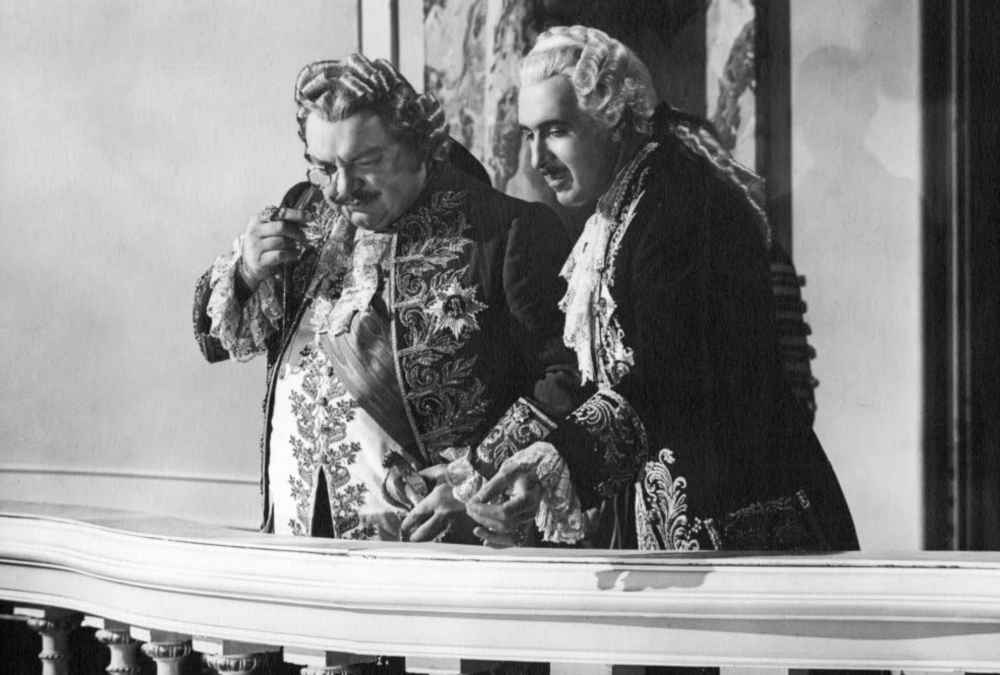
Prior to Hitler’s ascension to leadership, the German film industry was a creative one, superfluous in the active participation of creative Jewish actors and film-makers alike.
All that changed upon Nazi domination of the film industry. Jewish people were forbidden to work, and the 1913 institutionalisation of the Reich Ministry for Peoples Enlightenment and Propaganda dawned a new horizon for German cinema. A hijacking of industry saw film be made the silent weapon. Subserving fascist and anti-semantic ideology, so much so that cinema would never again be the same. A generation of around 1200 feature films were produced in the Third Reich, some 100 are blatantly consummate propaganda. Viet Harlan’s anti-Semitic Jud Süß (1940) and Hans Steinhoff's Hiltejunge Quex (1933) are examples of films used by the Nazi regime to rationalise and justify their crimes against humanity.

It would appear that the present leadership in Russia have taken a page out of this book. This February will mark two years since Russia’s invasion of the Ukraine. There is, of course, a long history of political tension between the two nations - that is not in dispute here. The production of countless Russian films, has, however, since the turn of the century attacked the Ukrainian nation, romanticised war and glorified their military endeavours. Significantly, on the onset of the invasion, a collective force of Ukrainian filmmakers demanded the global termination of Russian film screenings: ‘The boycott of Russia Cinema and culture is an attempt to cleanse the world of the propaganda of a terrorist state’ said Ukrainian filmmaker Nariman Aliev in 2022. In the aftermath many prestigious film festivals did indeed cancel all screenings of Russian cinema.
In 2000, the independent blockbuster Brother 2, directed by Alekesi Balabanov was released. It since has become weaponised in the war against Ukraine. The protagonist of the movie - a rebellious young Russian gangster - and the villains of the film - morally corrupt American–Ukrainian mafia. The film struck a chord with Russian audiences as various quotes from the film have become commonplace catchphrases. When Putin declared war, his words ‘the real strength lies in justice and truth’ is paraphrased from Balabanov's film – ‘Where is strength, brother? Strength is in truth.’ These words were written onto a Russian army vehicle in March 2022, demonstrating the lasting political impact film can have on motivating modern conflicts.
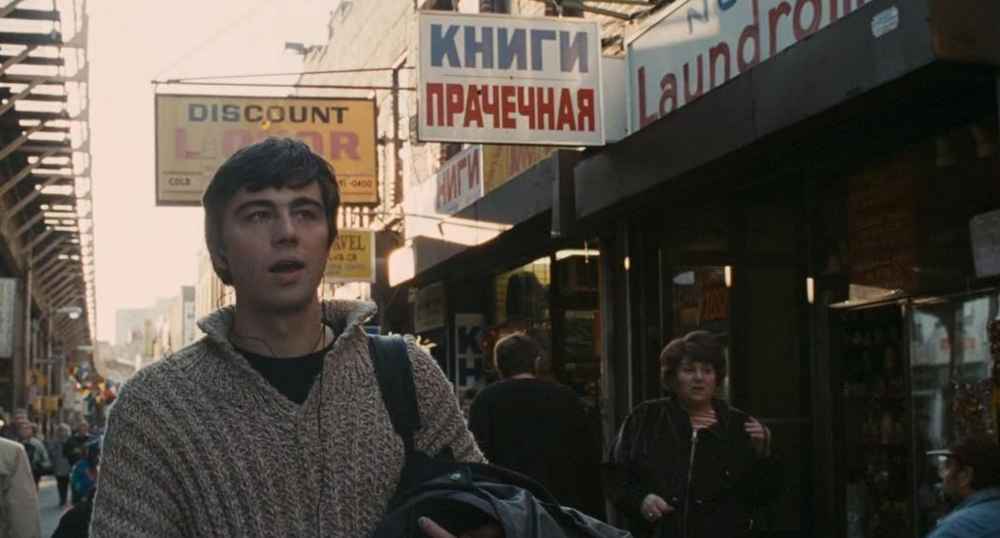
In 2021, Russian cinema saw the premiere of the feature film Solntsepyok, which translates to ‘sun-baked’ in English, directed by Maksim Brius and Mikhail Vasserbaum. It is important to mention the film's patron was none other than Yevgeny Priozohin, who was commonly known by his more affectionate moniker ‘Putin’s Chef’, for being such a close confidante of Putin. This was, of course, prior to launching a rebellion against Russian military leadership and later dying in a suspicious plane crash.
The film is semi-fictional. It takes place in 2014 and depicts the war between Russian separatists and Ukrainians in the Lugansk Peoples Republic following the Revolution of Dignity. It centres around the patriarch of a family as he wrestles with resistance to war, instead volunteering as a paramedic driver, before eventually succumbing and joining the pro-Russia separatists. The film is confusing, brutal and without factual accuracy. But when a film is more concerned with fashioning motivation for war - where would be the need for truth?
The instances of anti-Ukrainian propaganda are neither few nor far. From ethnic caricatures of Ukrainian soldiers as right-wing skinheads, or to the Ukrainian army appearing to shell their own villages and in one rather vivid scene, raping women and injuring babies in senseless acts of violence.
Remarkably, the film was released just a year before Putin’s full-scale invasion of Ukraine. Timing truly is a strange thing. Or then again, perhaps just another coincidence…
How prevalent is propaganda in film today?

